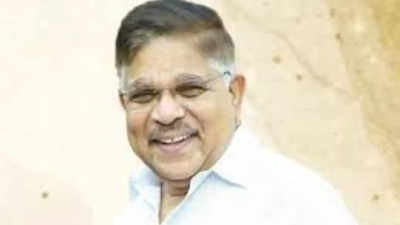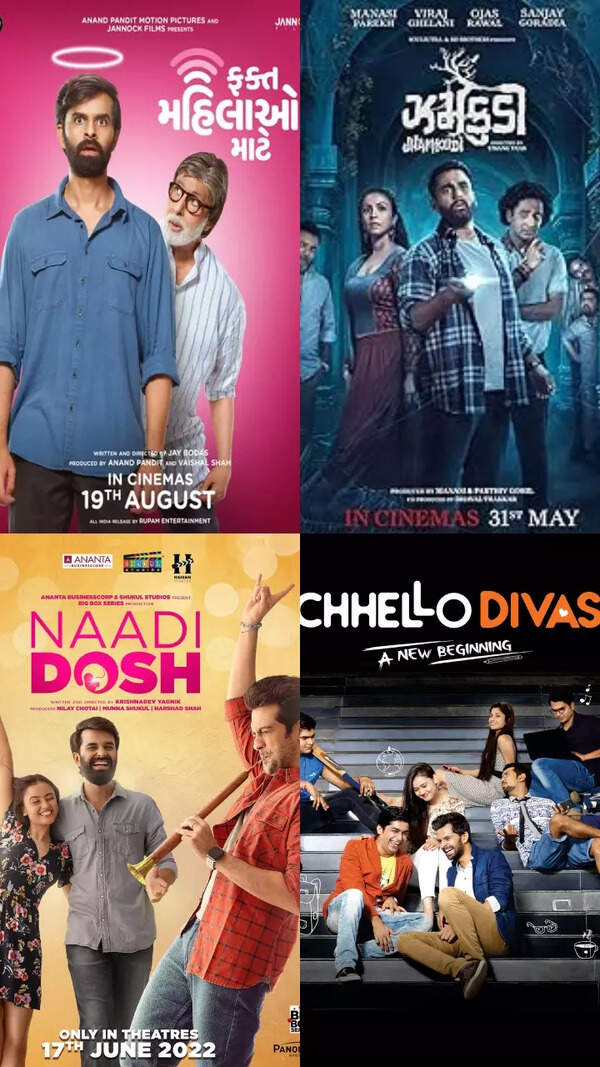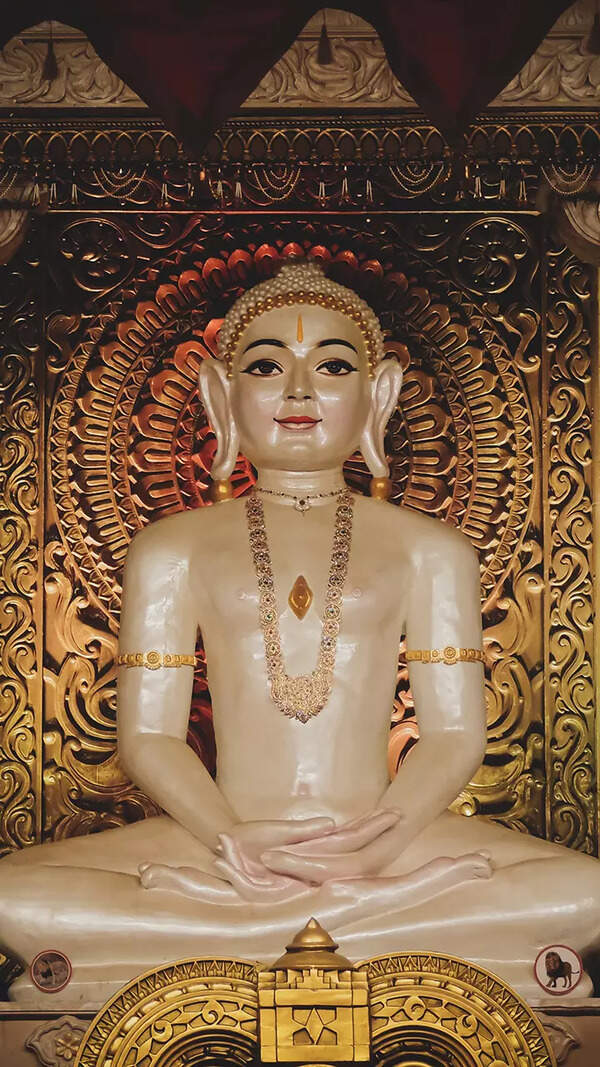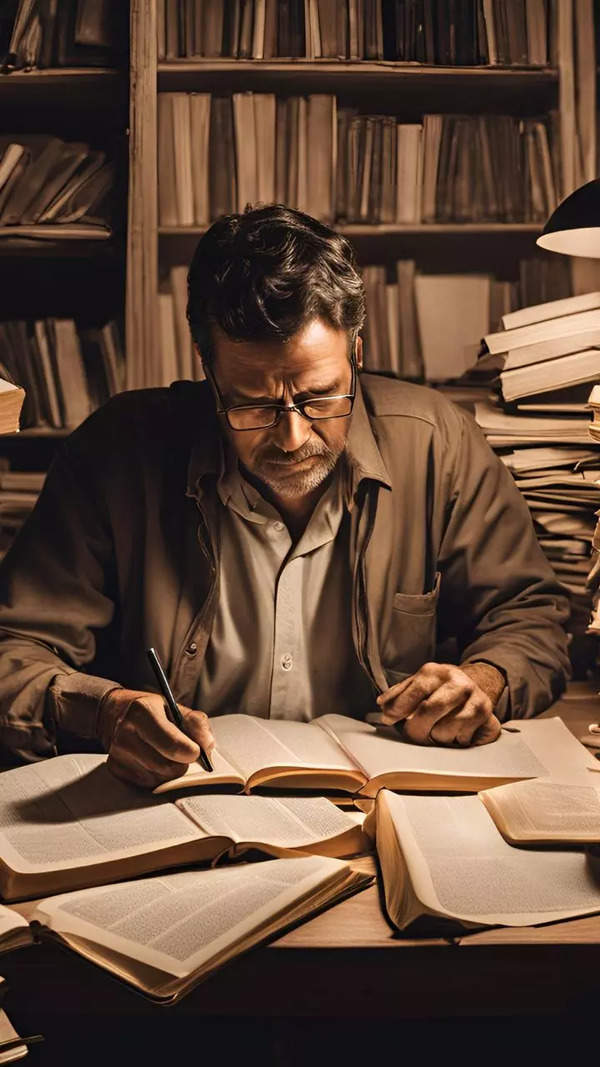- News
- entertainment
- telugu
- movies
- Allu Aravind on Bollywood filmmakers having limited perspectives in their films: 'They are locked between Bandra and Juhu'
Trending
Allu Aravind on Bollywood filmmakers having limited perspectives in their films: 'They are locked between Bandra and Juhu'
Producer Allu Aravind discussed the increasing success of South Indian films in North India, attributing it to their broader content. He critiqued Hindi cinema for its narrow focus on local culture, suggesting this limits its reach. Aravind believes Bollywood will eventually produce more mainstream movies that appeal to a wider audience.

Allu Arjun’s father, Allu Aravind, a successful producer known for producing popular films, recently spoke about the growing success of South Indian films in North India, including their dubbed versions. He highlighted that South Indian films are now appealing to audiences across regions. Aravind also shared his thoughts on Hindi cinema, pointing out that some filmmakers in Mumbai might be limiting themselves with a narrow perspective, which could be affecting the reach and impact of their films.
At the South India Film Festival, held in March in Hyderabad, Aravind discussed the evolution of the pan-India film phenomenon. He noted that South Indian films are now being widely embraced across India, especially in Hindi-speaking markets, thanks to dubbed versions. He hinted at a disparity between the success of South Indian content and Hindi cinema in these markets, acknowledging that his perspective might be controversial but expressing his honest views on the matter.
He noted that South Indian films are now being widely embraced across India, especially in Hindi-speaking markets, thanks to dubbed versions. He hinted at a disparity between the success of South Indian content and Hindi cinema in these markets, acknowledging that his perspective might be controversial but expressing his honest views on the matter.
He commented on Hindi filmmakers, praising their talent but critiquing their focus on the local culture of areas like Bandra and Juhu in Mumbai. He pointed out that their films often reflect this limited perspective, neglecting the diverse audiences in places like UP and Bihar. In contrast, he highlighted that Telugu and Tamil films are resonating more with these regions due to their broader, more relatable content. He emphasized that it’s the content, not any special preference, that draws audiences to South Indian films. "I respect Bombay filmmakers and their level of thinking. It’s too good. But at the same time, they are somewhere locked between Bandra and Juhu! They are brought up in Bandra and Juhu, and their culture and vision are like that," he stated.
Allu Aravind is known for producing films such as 'Pasivadi Pranam' (1987), 'Attaku Yamudu Ammayiki Mogudu'(1989), 'Ala Vaikunthapurramuloo' (2020), and other hits.
Also Read: Top Rated Telugu Movies Of 2024| Best Telugu Movies Of 2024 | Latest Telugu Movies
At the South India Film Festival, held in March in Hyderabad, Aravind discussed the evolution of the pan-India film phenomenon.

Ajayante Randam Moshanam: Krithi Shetty On Malayalam Cinema's Growing Influence, Rise Of Ott & More
He commented on Hindi filmmakers, praising their talent but critiquing their focus on the local culture of areas like Bandra and Juhu in Mumbai. He pointed out that their films often reflect this limited perspective, neglecting the diverse audiences in places like UP and Bihar. In contrast, he highlighted that Telugu and Tamil films are resonating more with these regions due to their broader, more relatable content. He emphasized that it’s the content, not any special preference, that draws audiences to South Indian films. "I respect Bombay filmmakers and their level of thinking. It’s too good. But at the same time, they are somewhere locked between Bandra and Juhu! They are brought up in Bandra and Juhu, and their culture and vision are like that," he stated.
Aravind mentioned that after discussions with several people in the Hindi film industry, they've realized the need to create films that cater to a broader audience. He believes the current focus on South Indian films will eventually fade as Bollywood filmmakers start producing more mainstream, widely appealing movies. In his view, all industries across India will begin making pan-Indian films based on suitable content and budgets.
Allu Aravind is known for producing films such as 'Pasivadi Pranam' (1987), 'Attaku Yamudu Ammayiki Mogudu'(1989), 'Ala Vaikunthapurramuloo' (2020), and other hits.
Also Read: Top Rated Telugu Movies Of 2024| Best Telugu Movies Of 2024 | Latest Telugu Movies
End of Article
FOLLOW US ON SOCIAL MEDIA










